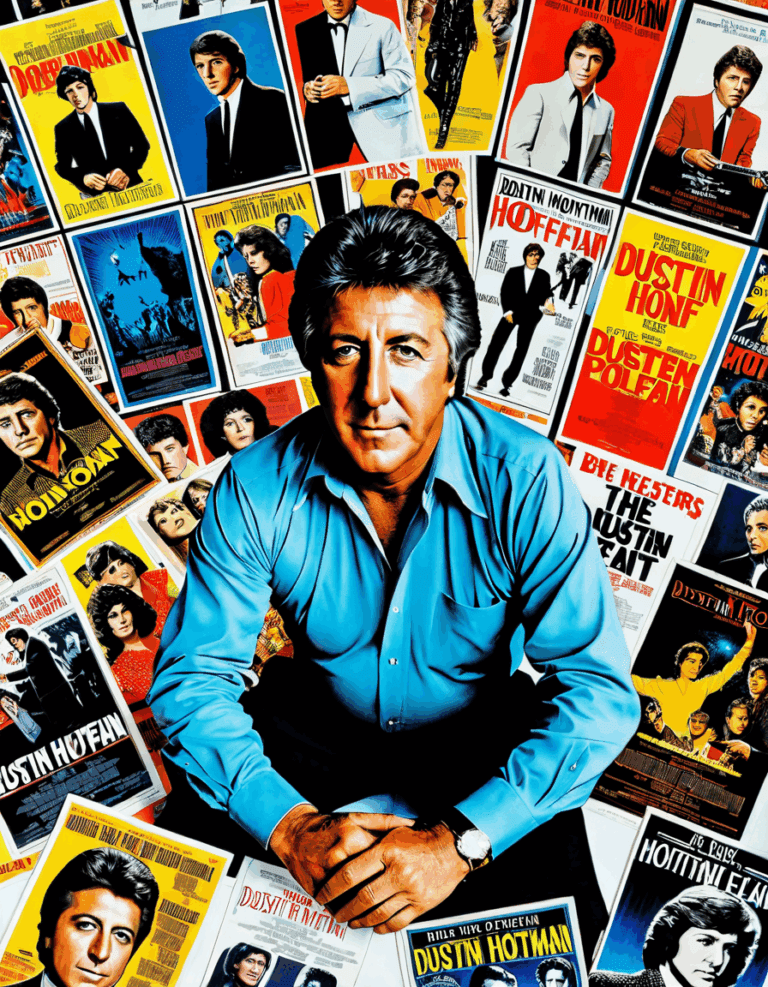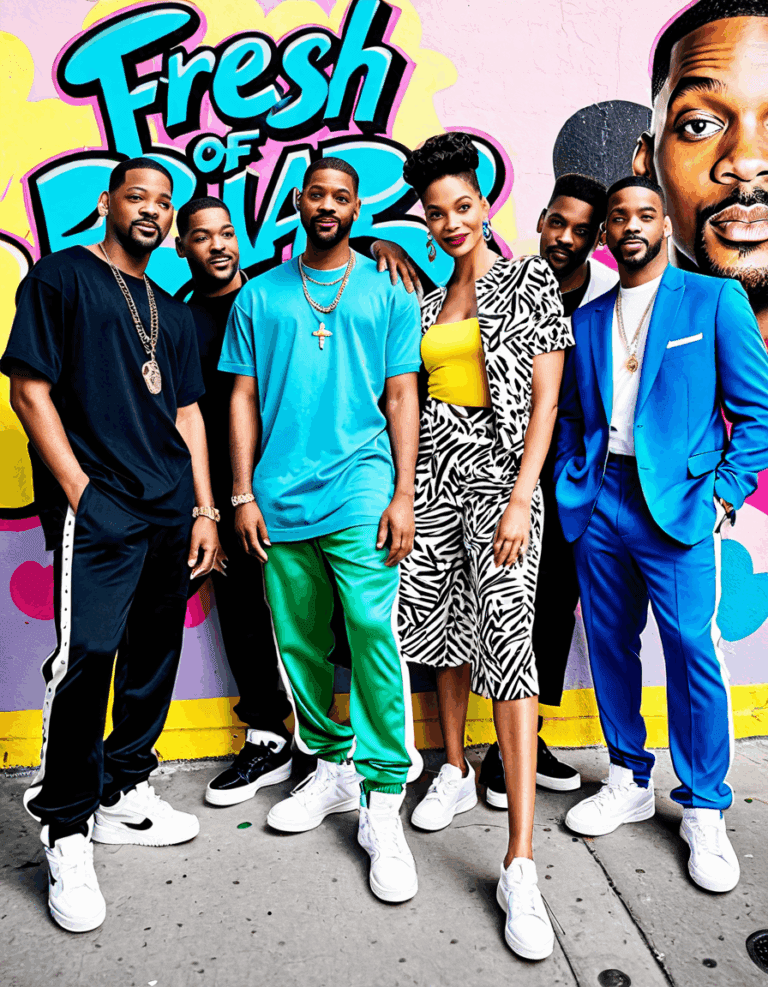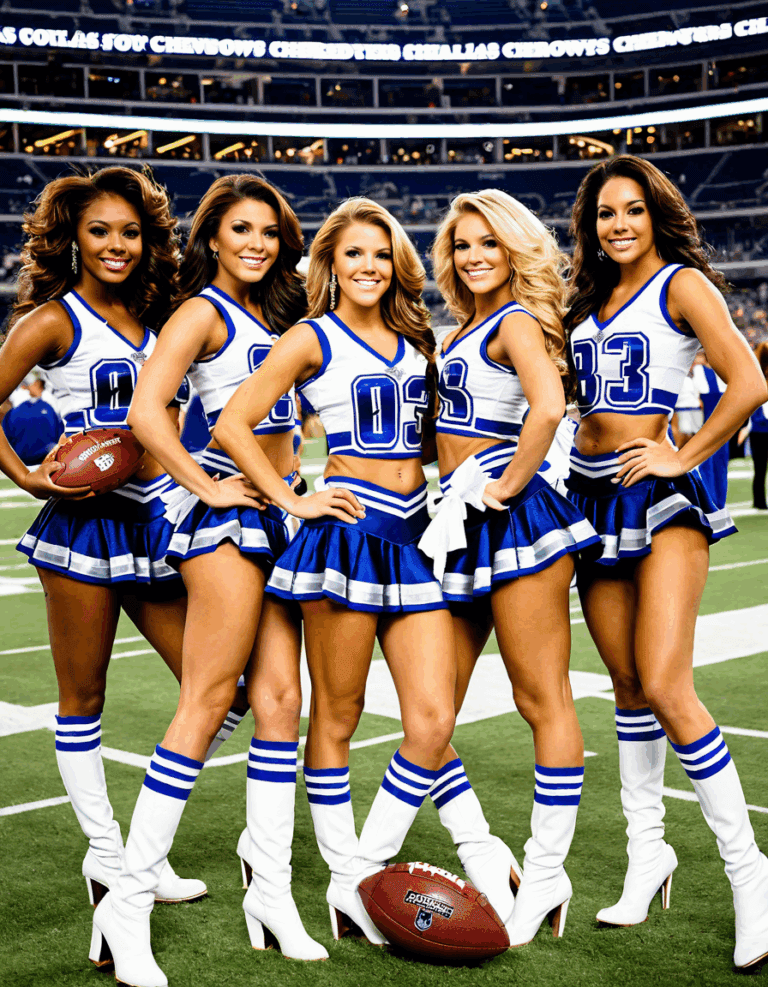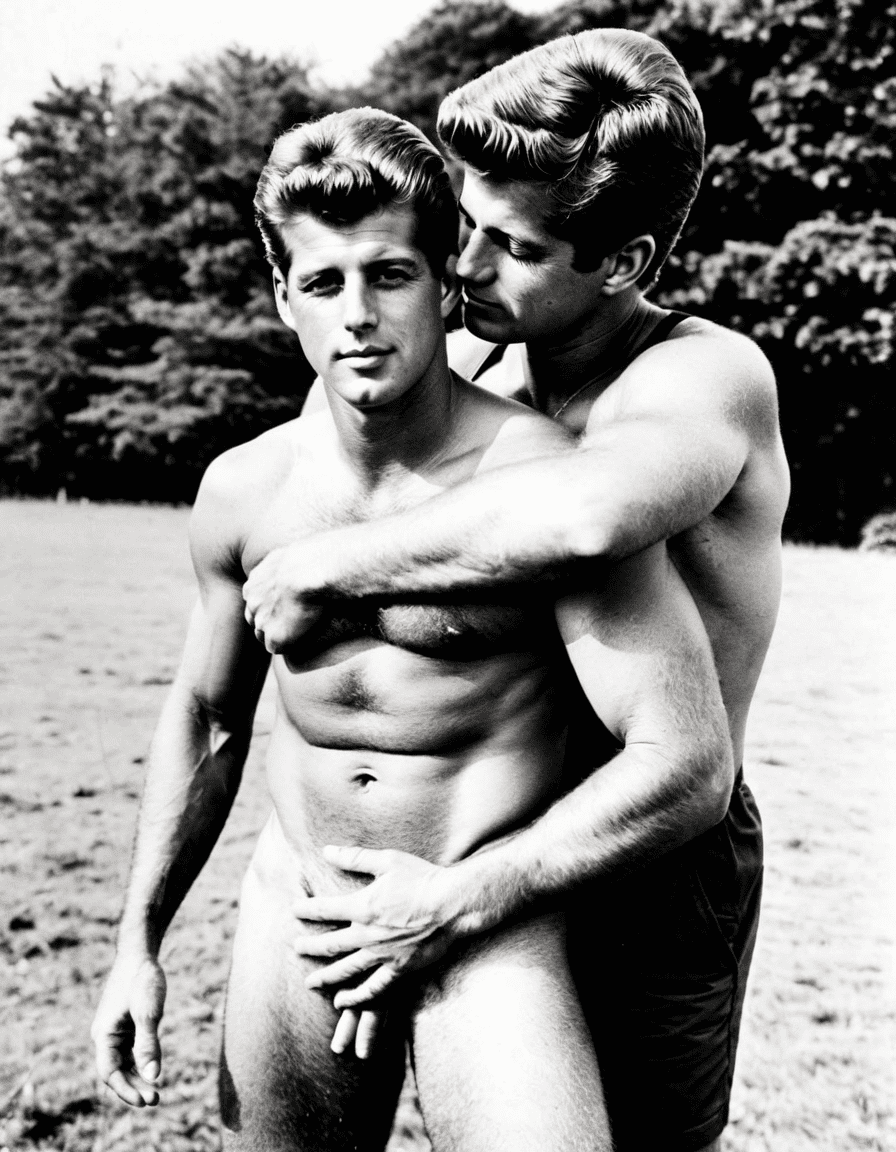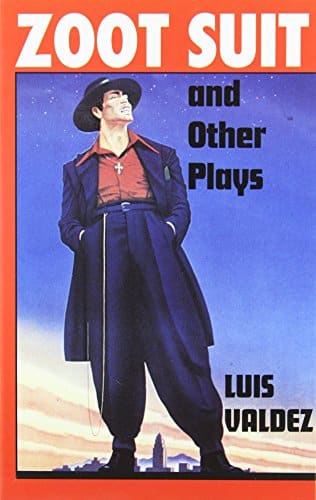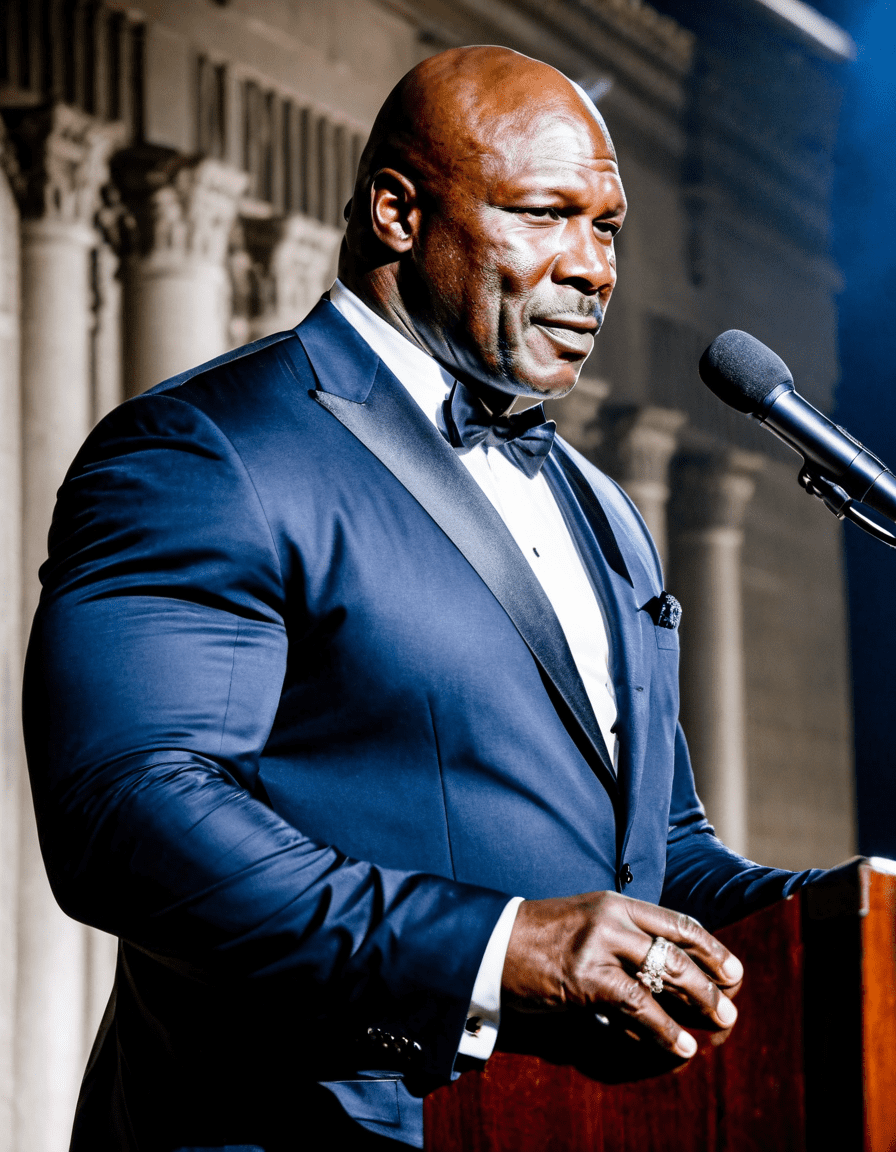
## John F. Kennedy Jr: The Life and Legacy of an Icon
John F. Kennedy Jr. was born into the iconic Kennedy family on November 25, 1960. Growing up, he lived in the shadow of unmatched political greatness but dealt with early tragedy when he lost his father, President John F. Kennedy, at just two years old. This profound loss shaped his world, fueling both his ambitions and his sense of responsibility. Alongside his sister, Caroline Kennedy, they spent their childhood at Hyannis Port, where they mingled with politicians and cultural figures, absorbing lessons on leadership and service.
Educated at revered institutions, John F. Kennedy Jr. graduated from Harvard University with a degree in history. He escalated his academic journey by obtaining a law degree from New York University School of Law. Navigating the pressures of the Kennedy legacy created a perpetual tug-of-war for him. On one side was the weighty public expectation, and on the other was his desire to carve his own path in life.
While many saw him as a product of privilege, Kennedy’s formative years taught him about real-world struggles, resilience, and the need for social justice. Growing into the type of man who could inspire a generation, he was determined not to be merely a reflection of his family’s past—we’re talking about a guy who wanted to blaze his own trail, and that’s something we can all learn from.

The Charisma and Media Presence of John F. Kennedy Jr.
John F. Kennedy Jr. was undoubtedly more than just a political figure; he morphed into a cultural icon through his sheer charisma and media appeal. His first spotlight moment occurred during his father’s funeral in 1963, where his salute left an indelible mark on the American psyche. You could feel the youthfulness and innocence juxtaposed against national grief, setting the tone for a lifetime spent partly in front of cameras.
In 1995, he took a bold step into the media world by founding “George,” a magazine that combined political insight with celebrity culture. His editorial vision often touched on issues like social justice and human rights, showcasing his commitment to meaningful dialogue. For example, he infamously took a stand against media bias in a powerful editorial that criticized coverage of figures like Robert F. Kennedy Jr., emphasizing his belief in fair reporting and integrity.
Beyond the pages of his magazine, Kennedy’s lifestyle made waves. With his charm and good looks, he often found himself the life of the party—whether he was chatting with the likes of Joel Mchale or mingling at high-profile events. This ability to connect with everyday people was instrumental in how he approached not just media but also life itself, reminding us that authenticity resonates deeper than any scripted performance.

The Political Intrigues and Connections: John F. Kennedy Jr. and Robert F. Kennedy Jr.
A cornerstone of John F. Kennedy Jr.’s legacy is his nuanced relationship with his uncle, Robert F. Kennedy Jr. Both men stood firmly for social justice, yet their methods showcased distinct paths. Robert F. Kennedy Jr. emerged as a vigorous environmentalist and vaccine skeptic, diverging from the traditional political path laid out by the family. This shift introduced a complex blend of advocacy that often stirred mixed feelings among supporters.
Conversely, John F. Kennedy Jr. aimed to preserve the family legacy through public service and engagement rather than polarizing debates. While he shared platforms with Robert, they often aligned on humanitarian issues but diverged on how best to represent their family values. John advocated for unity, service, and the pursuit of social justice, believing in the power of collective action.
Their attempts to uphold the Kennedy legacy embody the spirited yet complex nature of JFK’s family. Hence, their stories remind us of the importance of legacy, connection, and finding one’s own voice amidst towering expectations—a lesson we can all learn as we pursue our dreams, whether they lead us into politics, business, or beyond.

The Impact of Tragedy: The Loss of John F. Kennedy Jr.
John F. Kennedy Jr.’s life took a tragic turn when he died in a plane crash on July 16, 1999. This heart-wrenching event rippled through the nation, marking not just the loss of a rising political star but also a young man who embodied hope and promise. Along with his wife, Carolyn Bessette Kennedy, and her sister, the accident triggered deep conversations about the pressures and expectations living in the Kennedy limelight can impose on an individual.
In the aftermath, public mourning swelled, revealing just how loved Kennedy was. Thousands attended his memorial at Arlington National Cemetery, a testament to the deep empathy and inspiration he ignited in people. As tributes poured in, both from fellow political figures and civil rights advocates, the world began to recall stories of his vision for America—a vision that transcended mere celebrity.
His tragic passing served as a wake-up call for many about the fragility of life and the importance of living with purpose. The conversations sparked ignited a resurgence of interest in civic engagement, encouraging young leaders to follow in his footsteps by championing compassion in today’s increasingly polarized climate.

The Enduring Influence: John F. Kennedy Jr.’s Legacy in Modern Politics
As we progress toward two decades since his untimely death, the legacy of John F. Kennedy Jr. remains ever-relevant. We can see his impact in the rise of political figures who emphasize authenticity over traditional campaigning. Increasingly, leaders today harness social media to bridge gaps and engage with the public, echoing John’s knack for authentic connection.
His commitment to environmental causes continues to resonate, notably through Robert F. Kennedy Jr.’s ongoing activism. While Robert’s methods have sparked controversy, the awareness John fostered about pressing issues like the environment and social justice remains critical. Today’s generation of activists can draw inspiration from John’s belief that you could advocate for change without losing sight of community and compassion.
In essence, John F. Kennedy Jr.’s legacy is not just a nostalgic memory; it serves as a call to action. His story reinforces the importance of empathy, engagement, and active participation in society—a timeless reminder that we can affect change when we unite towards common goals.
Innovative Reflection: Shaping the Future Through a Legacy of Compassion
Reflecting on the life of John F. Kennedy Jr. reveals not just a personality but a journey filled with struggle, ambition, and an overarching desire to contribute to the greater good. He stood as a poignant reminder of the pressures that come with notoriety, vividly illustrating how those pressures shape individuals and influence societal values.
As we navigate today’s world—a landscape fractured by polarized opinions—Kennedy’s legacy provides invaluable lessons. It shows us the importance of compassion, community engagement, and the art of genuine discourse. By championing these ideals, we not only honor John F. Kennedy Jr.’s memory but also carry forward his commitment to a better society for generations to come.
In closing, let’s channel that spirit, folks! Whether you’re aiming to get shredded or advocate for a cause, remember: like John, it’s all about living authentically and striving for something greater than yourself. Now go out there and make your mark!
John F. Kennedy Jr: The Life and Legacy of an Icon
The Early Years of John F. Kennedy Jr
Born on November 25, 1960, John F. Kennedy Jr was literally born into a legacy of celebrity and power. His father, President John F. Kennedy, and mother, Jacqueline Kennedy Onassis, had the spotlight firmly on them, and as fate would have it, little John was destined to be in the limelight as well. Growing up in the public eye, he became not just the son of a president but also a figure who would capture hearts through his looks and charm, reminiscent of stars like Dustin Hoffman, whose varied roles in film have employed their own unique charm in the industry. While many recall Nightmare on Elm street and its impact on pop culture, John was on a different path, arguably more romantic and regal, igniting hope and dreams with just his smile.
A Life of Service and Adventure
As he transitioned into adulthood, John F. Kennedy Jr put his family’s ideals into practice, serving both the public and his passions. He founded George Magazine, which blended politics and pop culture in a fascinating way that mirrored the energy of places like Big Sur Monterey, where adventure meets breathtaking scenery. It was more than just a magazine; it was a platform for discussion and engagement, especially noticeable during dramatic events like the presidential elections, which were vividly captured through Msnbc election coverage. His keen interest in politics hinted at a legacy that would extend beyond his family’s name.
Accolades, Aspirations, and Tragic End
Kennedy also sought to make his mark in Hollywood, making brief appearances in films that never fully distanced him from his familial legacy. The allure of the screen is something many are drawn to, much like how Supergirl aims to uplift and inspire. Yet, despite his efforts in various fields, it was his untimely death in 1999 that shocked the world. The tragedy resonated deeply, not just for the loss of a compelling figure but for what he symbolized: hope, charisma, and the promise of change. Like the characters played by the Django Unchained cast, who navigated their own journeys filled with struggles and triumphs, Kennedy’s path was undeniably marked by challenges, yet filled with ambition.
In essence, John F. Kennedy Jr’s life serves as a reminder of the transient nature of fame and the heart-wrenching realities of life. His story, imprinted in history, will always remind us that celebrity is more than just glitz and glamour—it’s about legacy, purpose, and leaving an indelible mark on the hearts of many.


